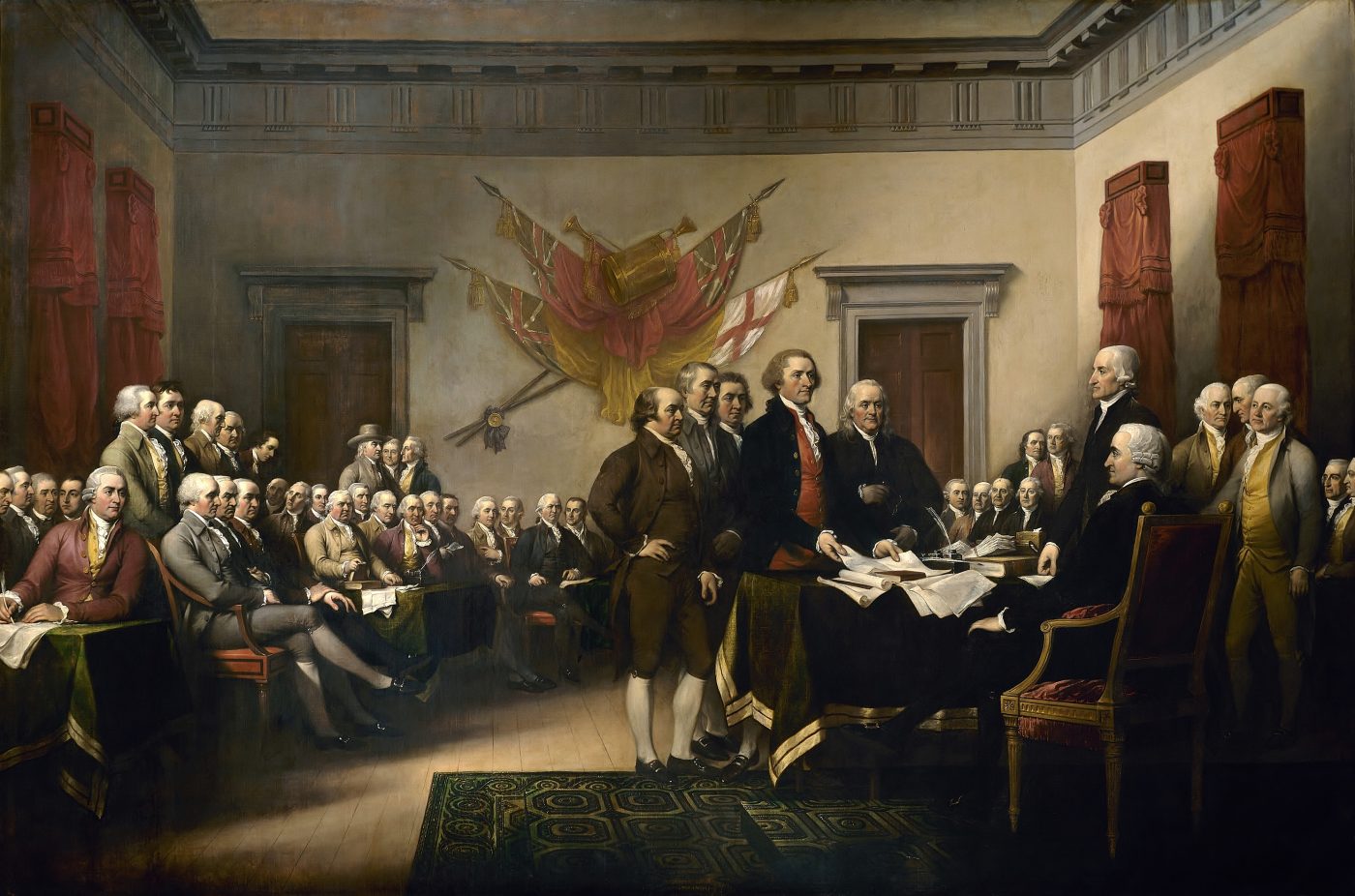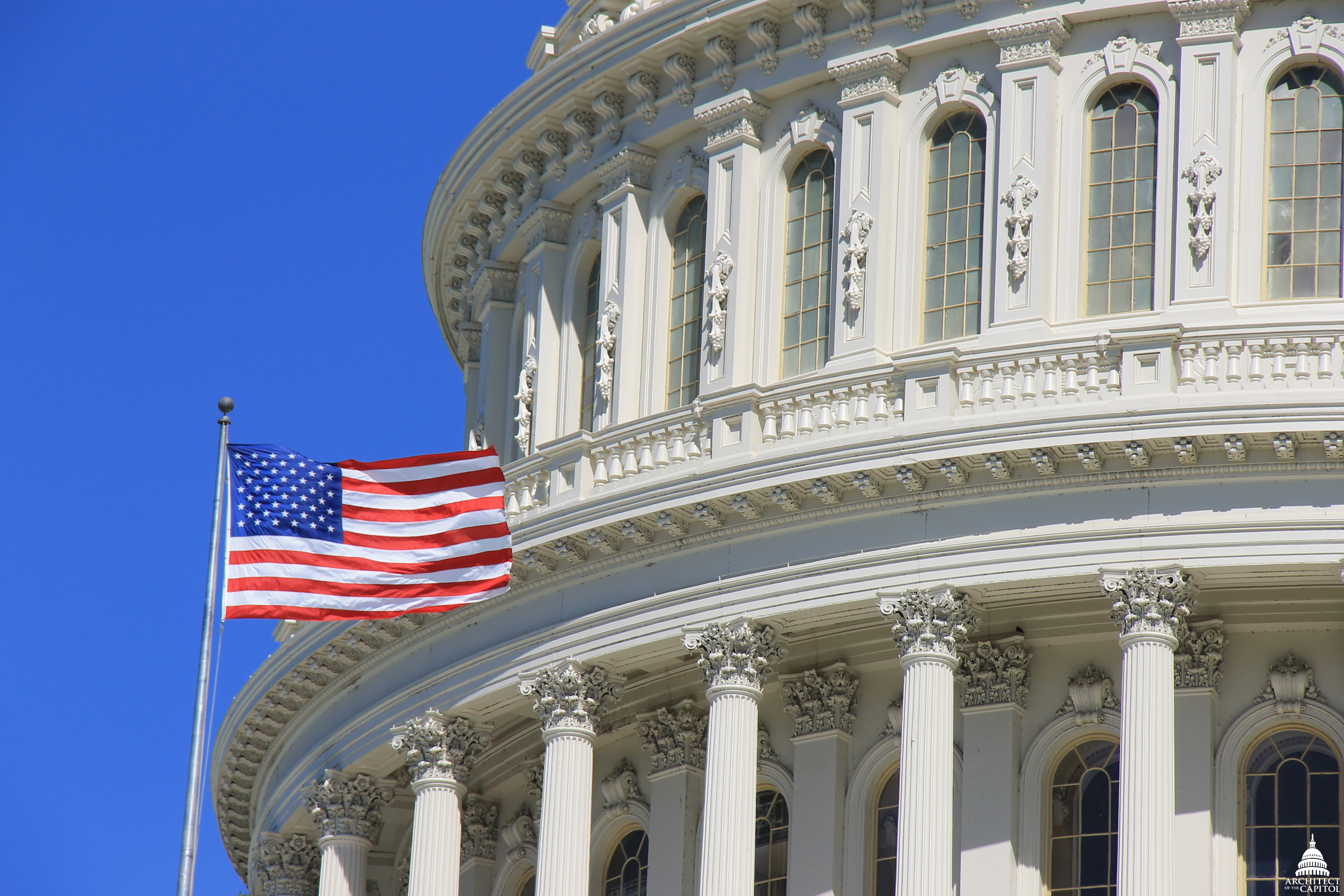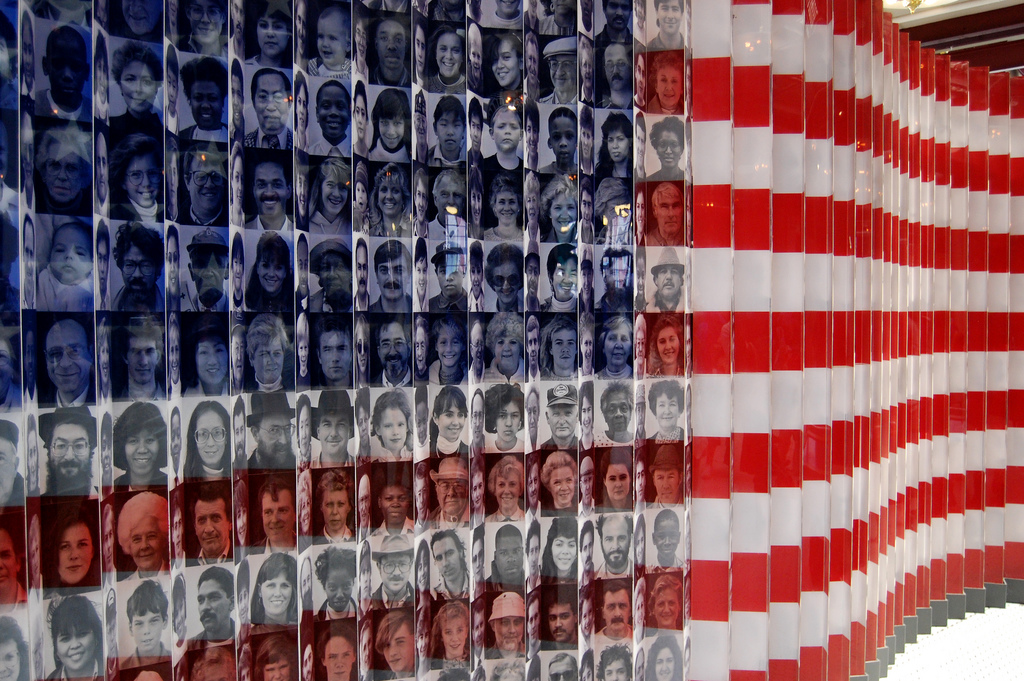What is the Meaning of “Life”?
The Declaration of Independence names three rights given to all human beings that no authorities can deny. One of those rights is the right to have ownership of one’s life. While life and death are frequently “administered” by mechanisms such as medical procedures, war, and criminal justice, the Founders believed that our birth, our creation as part of nature can never be predestined by the requirements of bureaucracy or the actions of legislators or jurists.
That said, government sources takes many actions that impact the full exercise of individuals’ quality of life, including through the use of policies to affect poverty levels, health care, physical security, and individual dignity.
Here are some current events and philosophical outlooks about the path that governments must tread in order to provide individuals the greatest opportunity and probability of exercising their most natural right — existence.

Learn More About “Life”

New Bill Encourages Private Sector to Help Struggling Communities
Turns out even lawmakers on Capitol Hill think it’s not the government but the private sector that must make the needed investments to turn around struggling areas of the country. So a group of lawmakers has come up with a tax proposal to do just that.
read more
Secular and Sacred: How Faith Inspired Business in the Great Outdoors
Faith gets dismissed a lot in this day and age, but for those who believe in God, whatever their religion, a true love of the Almighty is an inspiring mechanism from which to launch a business.
Indeed, a faith-inspired business is what Greg McEvilly set out to do after he started his path toward the ministry and then realized he had a knack for entrepreneurialism.
read more
How Feeling Needed Will Improve the Next Four Years
America has gotten pretty good at helping struggling people, but pretty terrible at needing them. Our nation is rendering millions of people effectively superfluous. This violates human dignity. And now we are seeing the results.
read more
Where Do Immigrants Live in the US?
Since the 2008 recession, the states with net-inflows of immigrants have changed dramatically from preceding years. According to the U.S. Census, the number of immigrants moving into the U.S. as a percentage of pre-existing immigrant populations is occurring in the Eastern United States, specifically Washington, D.C., Florida, Massachusetts, New York, New Jersey, Connecticut, Maryland, and Virginia.
read moreMore Stories
A New Social Science Scandal
Some scholars cannot resist the allure of research findings that can be weaponized into ad hominem political attacks — and then cash in on a little media buzz as a result.
read moreThe Other Campus Free-Speech Problem No One’s Talking About
Christian activists are not trying to shutter secular schools; but some progressive activists are trying to put Christian schools out of business.
read moreIn Our Hands: A Plan to Replace the Welfare State
Imagine that the United States were to scrap all its income transfer programs—including Social Security, Medicare, and all forms of welfare—and give every American age 21 and older $10,000 a year for life. This idea was greeted with skepticism in 2006 when Charles Murray first proposed it in his book “In Our Hands.” Yet, 10 years later, some European countries are doing just that.
read moreThe Talent Drain: Disincentives in The Federal Disability Program
On Jan. 18, 1979, Mike Zelley was heading home after a business meeting to celebrate his wedding anniversary with his wife. He was driving his car in the early dark, and turned onto a highway ramp. His car hit a patch of black ice and slid toward the guard rail. It...
read moreSchool Choice Laws and the Parents They Ignore
The states and nation’s capital have 43 charter school laws, 25 voucher laws, 20 tax-credit laws, 9 tax-deduction laws, and 5 Education Savings Account (ESA) laws on the books, and many of these laws have been beneficial in helping students get out from under the yoke of ineffective education systems.
Nonetheless, says Gerard Robinson, a former commissioner of education for Florida and secretary of education for Virginia, the school choice laws really only pay lip service when it comes to the parents’ rights and responsibilities in their children’s education.
read moreGet Out of Dodge? American Migration Slows, Homebodies Abound
When Alexis de Tocqueville came to our shores in the early 1800s, he didn’t find leaders who stoked — and sought to profit from — the masses’ fears of change. In fact, he found quite the opposite, noting that the American people embraced instability and churn as a source of wonder and self-improvement. Today, that sense of adventure is eroding and trepidation is taking its place.
read moreWhy Western Civilization Classes Are Not Passé
Can you answer the following questions? Who fought in the Peloponnesian War? Who taught Plato, and whom did Plato teach? Who was Saul of Tarsus? Why does the Magna Carta matter? What are one or two of the arguments made in Federalist 10? Hard questions, right? Maybe...
read moreThe Economics of Homelessness
Turns out the 2008 recession didn’t increase the number of homeless while at the same time the number of sheltered homeless didn’t expand during or since the recession. Nonetheless, the renewed effort since 2007 to count the number of homeless has ushered...
read moreThe Real Victims of Victimhood
A study on victimization found divided subjects into two groups. One which was prompted to write a short essay about a time when they felt bored; the other to write about “a time when your life seemed unfair. Perhaps you felt wronged or slighted by someone.” After writing the essay, the participants were interviewed and asked if they wanted to help the scholars in a simple, easy task. Those who wrote the essays about being wronged were 26 percent less likely to help the researchers. Comically, the researchers noted that the “victims” were more likely to leave trash behind and steal the experimenter’s pen.
read moreScience Behind the Factoid: Lottery Winners Are No Happier Than Quadriplegics
Here’s a frequently repeated, counterintuitive factoid: people who win large sums in the lottery are no happier, over time, than people who become paralyzed in traumatic accidents. This “fact” comes from Brickman et al’s 1978 paper called Lottery Winners and Accident...
read moreJoin the Social Movement
It is our moral duty to reclaim every American’s right to pursue his or her own happiness. Are you in?





